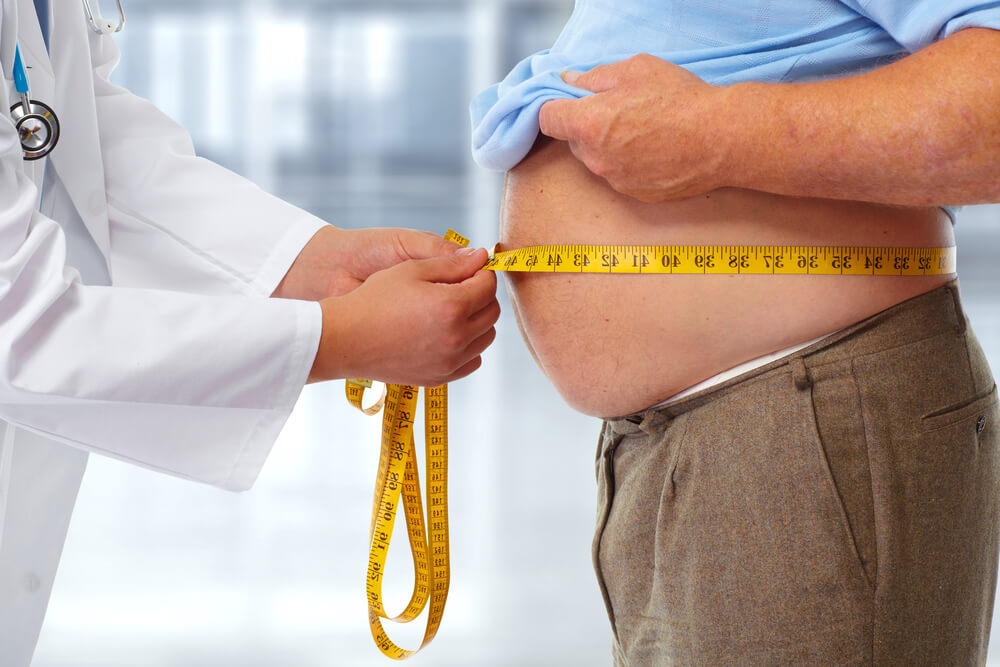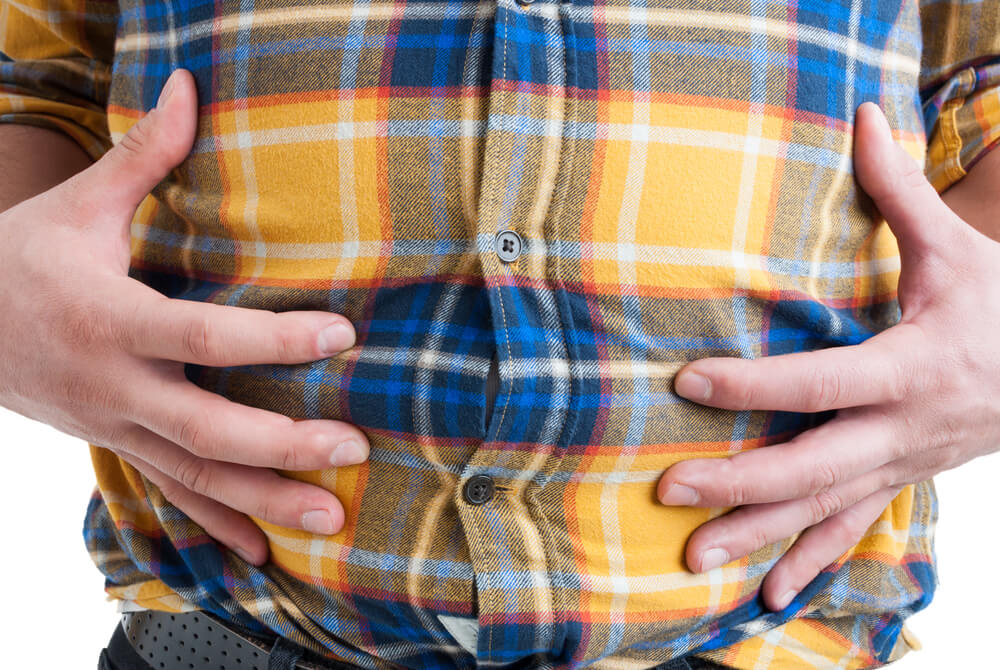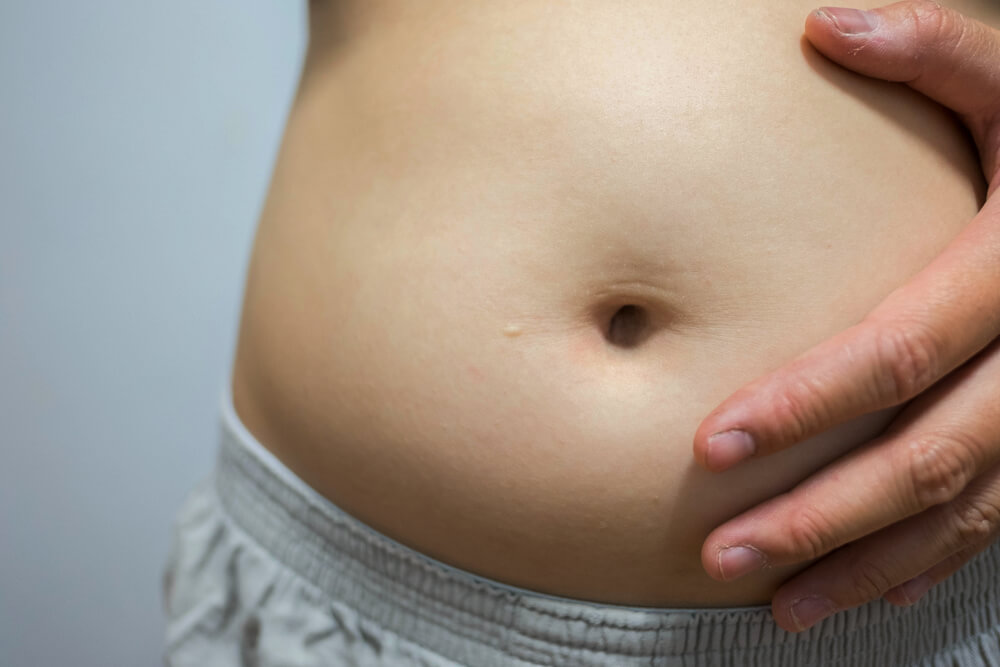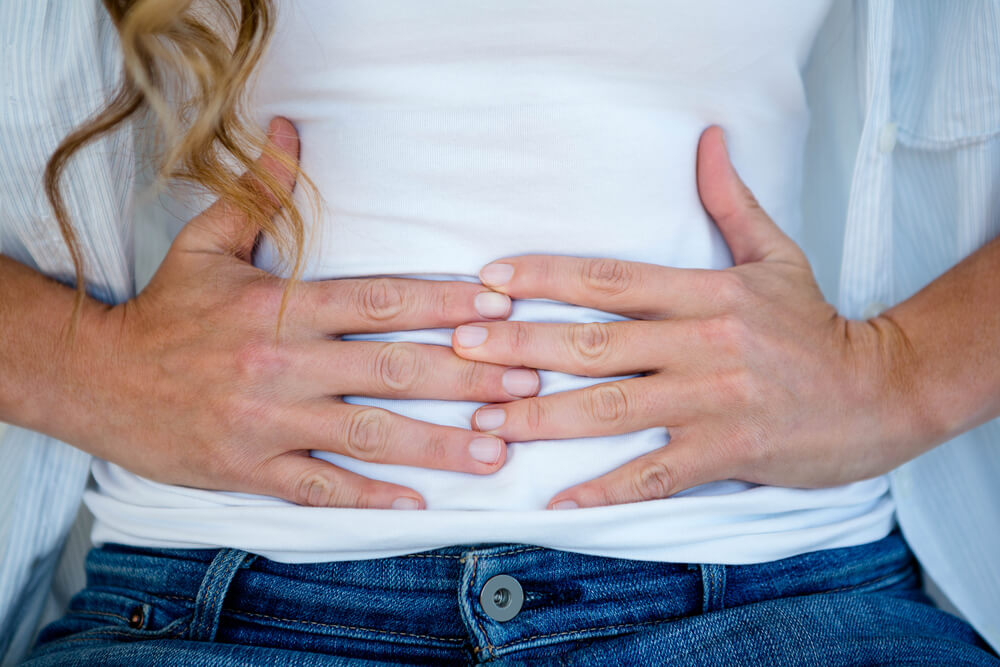It’s happened to us all. You have a bit event planned. You do everything you can to get into shape, exercise and cut calories so you fit into the perfect outfit.
You spend a little extra on hair, makeup or other beauty services and maybe you even rent an expensive car for that little extra touch.
Everything seems perfect until you wake up in the morning and you’re bloated. You can feel it every step you make. Your stomach bulges a bit more and it looks like you just drank a swimming pool’s worth of water.
Of course, you didn’t, but what in the world is causing you to bloat, and how can you go about getting rid of bloating?
Here is everything you need to know about bloating for both your current situation and how to avoid it in the future.
What is Bloating?
Before diving into how to rid your body of bloating, it is important to understand what it is and where it comes from. It may feel like your body is full of water or some other kind of liquid, forcing your belly to push outward.
That is not the case. In the event of bloating, your gastrointestinal tract is full of either gas or air. When you feel bloated, you may suffer some sort of pain in your stomach (ranging from minor to severe), stomach rumbles and the release of gas in the form of burping or flatulence.
Essentially, bloating is having too much air inside of your stomach no matter what diet plan you are on. Think of it as a regular paper bag you use to carry sack lunches to school with. Normally, the bag is flat.
However, as more air is blown into it, it begins to expand and tighten. With enough pressure, the bag will pop.
While your stomach will not pop like your inflated lunch bag, the more air pressure inside of your intestinal tract, the more discomfort, and pain you experience.
Excessive Gas, What Causes It?
There are all sorts of different culprits behind feeling bloated.
If you experience bloating on a rare occurrence, it likely has something to do with your eating or drinking habits.
However, if you experience bloating on a semi-regular basis, it likely comes from a medical condition.
The production of gas inside your stomach is normal. When undigested food is broken down in the stomach, it creates gas. Certain foods will result in the development of higher or lower levels of gas, although generally, this is not an extensive difference.
Additional air swallowed may be pushed down into the stomach, which increases the amount of air in the intestinal tract, potentially leading to bloating.
Did you ever have that friend who could belch the alphabet?
Maybe you were the friend who could do that. In order to burp on the command, you had to swallow air and keep it close to your throat.
This way, when you pushed the air out it would come up in the form of a burp. When eating or drinking, air is swallowed and is pushed down into the stomach. Some might come up in the form of a burp, but the rest is trapped in the stomach. Different culprits behind this kind of air consumption, outside of attempting to burp the alphabet, includes eating (or drinking) too fast, smoking and chewing gum.
Additionally, if you wear dentures and the dentures are loose, it increases the amount of air flow into your mouth, which ends up in your stomach.
On the other hand, there are medical causes of bloating. As you age you may find you feel bloated more frequently. This typically is due to the development of a medical condition causing an increase in gas production in the stomach.
Some of these medical conditions include heartburn, irritable bowel syndrome (IBS), giardiasis (an intestinal parasite infection), inflammatory bowel disease (including Crohn’s disease) and food intolerance. Weight gain puts additional strain on the stomach, which may increase gas production, as does other eating disorders, such as bulimia and anorexia.
If you are suffering from elevated levels of anxiety, stress or depression, you may also see a change in how your body functions, including an increase in digestive gas productions. Hormonal changes, which are more common in women, can lead to bloating while certain medications have to bloat as a potential side effect (UNC Center for Functional GI and Motility Disorders, 2017).
Internal Causes of Increased Gas Production
There are other variables at play when it comes to an increase of gas production within your body.
For example, your body may not absorb certain carbohydrates, which forces the body to work extra hard breaking the carbs down. This, in turn, releases elevated levels of gas. If you have an overgrowth or deficiency of bacteria within your intestinal tract you can suffer an increase in gas, while constipation is a culprit as well.
Constipation more or less just prevents the normal gas flow from exiting the body, causing it to build up in the body.
Should You See a Doctor?
It might sound silly to go see a doctor because of gas pains, but in some cases, it can be serious.
Now, if gas and bloating comes once in a while but isn’t frequent, chances are it’s just something you ate, or how you ate it. If it occurs on a regular or at least semi-regular basis, you should inform your doctor.
More likely than not it is due to either a food your body does not like to digest or another minor condition. In certain instances though, it may be an indication of colon cancer, kidney failure, liver disease or a heart defect.
It may also indicate a potential gluten intolerance, a problem with the gastrointestinal tract or in the inefficient pancreas.
The doctor may ask you to do an abdominal ultrasound to find out any complications that is contributing to your bloating.
How To Relieve Bloating?
The best way to treat bloating is to prevent it from happening.
While there might be some days where you are craving that super greasy jalapeno burger you know is going to destroy your heartburn, with specifics you can reduce most bloating not caused by bodily conditions and diseases.
So, the next time you have a big event coming up, a meeting with the boss or that 20-year high school reunion you’ve been wanting to look good for, you’ll want to do everything you can to avoid swallowing too much air the night before and the day of.
To do this, avoid chewing gum.
Chewing gum is one of the biggest culprits to swallowing air (especially if you enjoy blowing bubbles). If you are lactose intolerant, don’t eat any lactose food. Cheese, milk, butter and other lactose-based foods can cause your stomach to produce more gases in order to break down the foods. Avoid drinking food through a straw and don’t eat gassy foods.
Gassy foods include anything in the bean, lentil and cabbage family (they weren’t kidding when they said “beans, beans, the magical fruit, the more you eat, the more you toot.”). Lastly, avoid beverages with carbonation.
Ever wonder why you’re so gassy and bloated after a few beers?
The carbonation.
Looking for a non-carbonated beer to drink? Look towards a stout (like a Guinness) (Mayo Clinic, 2014).
Preventive Measures For Stopping Bloating
Perhaps your bloating is a bit more regular but doesn’t derive from a major health condition?
It may be due to not having enough healthy bacteria in your stomach. healthy bacteria is what breaks down your food, so if you don’t have enough, the bacteria you do have must go into overdrive.
Pick up a probiotic supplement to assist. You can even find some yogurts that function as a natural probiotic.
The Certain doctor prescribed medications help with bloating if it is a common occurrence and probiotics did not help in the situation.
Your doctor will need to diagnose you to understand exactly the cause of the bloating, but this medication may be the best way to prevent bloating.
When to See a Doctor
As mentioned earlier, some forms of bloating is a warning sign to more serious situations.
You don’t need to run off to the emergency room though should you experience a bout of bloating. However, there are certain conditions in which you should see your doctor.
Some of these conditions include if you are vomiting, have noticed blood in your stool, experience high fevers, have a sudden and unexplained loss of weight, or if you notice an increase in heartburn pain. All of these are signs you may have a much more serious condition (Health Line, 2017).
What Helps Bloating?
Maybe you didn’t realize the food you had for dinner last night falls under the “gassy food” label, or maybe a bout of anxiety kicked in and now you’re paying for it today.
Regardless of the culprit, you’re bloated now, so what should you do?
Thankfully, there are some options available for kicking your bloated feeling to the curb.
For starters, go for a jog.
Sure, you may want to make sure you’re on the other side of the street from other pedestrians, because you’ll more than likely pass gas on a rather frequent beat, but that’s the point. Working out and exercising helps push gas out of the system.
Do what you feel comfortable with at the time, just don’t stay laying on the couch, because if you do the bloating will stay with you longer as well.
Drink water like there is no tomorrow.
You should be drinking at least eight glasses of water a day. Make sure to drink as much water as possible when you feel bloated. This may feel counterproductive, but the additional water again will help push everything else out of your system faster. Just make sure to stick only to water and unsweetened tea (such as green tea or a ginger tea). You can also read how to lose water weight for more information.
Anything with sodium, sugar, carbs or carbonation will all backfire (Healthy, 2017).
Grab a banana for breakfast.
Skip the breakfast bar and avoid the bacon (regardless of how tough that might be) and pick up a banana, cantaloupe, mango or another potassium rich food. Potassium helps flush additional gas and liquids out of your stomach. You have to eat, so you might as well eat something that helps solve the problem.
Massaging your stomach can have surprisingly beneficial results when you feel bloated.
To massage your abdomen properly, take your fingers and place them on your right hip and slide it upwards towards the rib cage, then across your stomach and down to around your colon. do this in a circular motion. Essentially you are creating a lasso of pressure around your stomach, which gently moves the bloat causing air down and out. It’s just best to do this when you are in your own home or at the very least away from public
Lastly, try to meditate. Stress increases anxiety, which can increase the amount of gas your body develops.
Not use to meditation?
Head over to YouTube and search for “self-guided meditation” videos. There are plenty soothing videos designed to calm your mind and body (Red Book Mag, 2017).
Bloating During Periods
For many women, bloating during menstruation is a common issue.
However, it isn’t something you need to just lay down your arms and accept defeat to.
There are some ways that help at the very least reduce bloating. For starters, if you know your cycle is approaching, make sure you are consuming 100 percent of your daily calcium (at least 1,200 mg a day) and around 300 mg a day of magnesium. These nutrients help reduce bloating from menstruation. If you are lactose intolerant, invest in a quality calcium supplement instead.
Conclusion
Bloating is something we’ve all experienced at one point or another in our life.
Sometimes bloating is a minor inconvenience, while at other times extreme bloating is painful and can prevent you from partaking in certain activities. With this information in mind though, you not only understand where bloating comes from but how to avoid it and how to rid your body of bloating, should it happen to you.
-Terry Asher
Terry Asher
Latest posts by Terry Asher (see all)
- Better Family – Product Review Liquid Daily 2 oz - Dec 16, 2024
- Post-Workout Recovery: The Key to Optimal Performance - Nov 25, 2024
- Pre-Workout Supplements – Everything You Need To Know - Nov 18, 2024














[…] post How to Get Rid of Bloating appeared first on Gym […]
great, thank you for sharing information. i like your post
[…] drink plenty of water on your weight loss journey, as fluids will further benefit digestion, reduce bloating, and keep your metabolism […]
[…] drink plenty of water on your weight loss journey, as fluids will further benefit digestion, reduce bloating, and keep your metabolism […]
[…] drink plenty of water on your weight loss journey, as fluids will further benefit digestion, reduce bloating, and keep your metabolism […]
[…] soft capsule is designed to support joint health. Since both CBD and curcumin have anti-inflammatory properties, these soft capsules may be useful for people who suffer from inflammatory […]
Interesting information, I am waiting for more articles
[…] is different from fat loss. In the start of a program, we tend to lose a lot of weight from water, bloat and the emptying of our glycogen […]